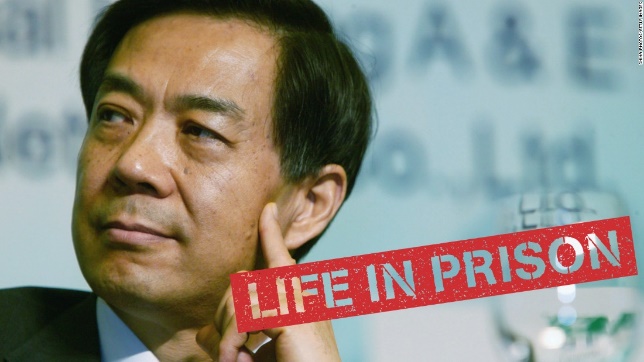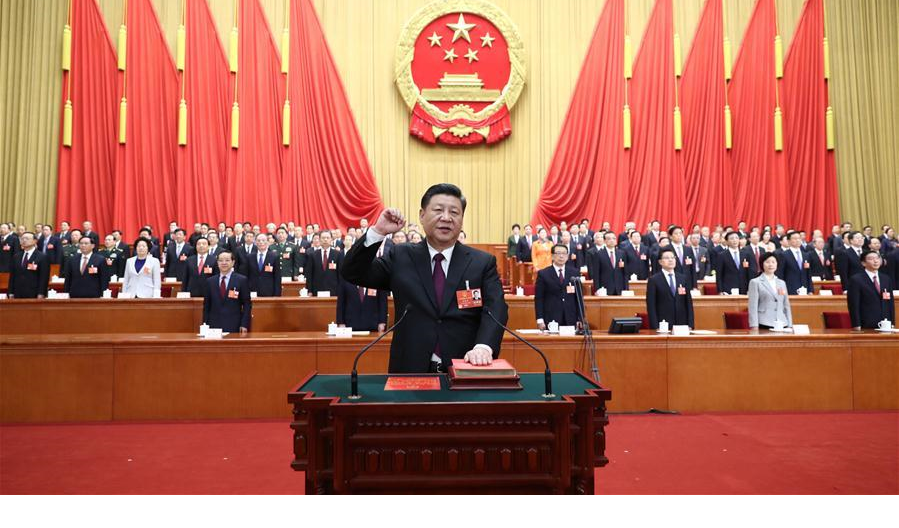The recent suspension of Admiral Miao Hua, a top member of China’s Central Military Commission (CMC) and head of its Political Work Department, marks the latest development in President Xi Jinping’s widening purge of the People’s Liberation Army (PLA). This escalating campaign, which has claimed over a dozen top generals since mid-2023, reveals deep-seated issues of corruption and political loyalty within China’s military establishment, raising questions about the PLA’s capabilities and Xi’s confidence in his armed forces.
A Legacy of Corruption
The roots of corruption within the PLA can be traced back to the mid-1980s when Deng Xiaoping, seeking to shed the effects of the Cultural Revolution, authorized military units to launch business ventures. This decision led to the establishment of major corporations like Poly Group and China United Airlines, often led by princelings or dominated by their shareholdings. These enterprises received preferential treatment through favorable tax structures, creating a powerful nexus between party and military leadership that spawned massive corruption and money laundering.
The problem extended beyond high-level dealings to affect the entire military structure. At lower levels, PLA units became involved in various illegal ventures, from hospitality to construction. The military’s firm control over armed power meant these activities went unchecked, leading to the sale of promotions, moonlighting, falsification of training regimes, and even illegal diversion of military resources to commercial markets.

The Current Crisis
The scope of the current purge is unprecedented. In addition to Admiral Miao Hua’s suspension, the past year has seen the removal of three consecutive defense ministers (including Li Shangfu and Wei Fenghe), the leadership of the PLA Rocket Force, and numerous high-ranking officers from the Equipment Development Department. Even prestigious program heads haven’t been spared – Hu Wenming, the chief architect of China’s aircraft carrier program, was arrested for bribery and violating party discipline.
What makes this purge particularly significant is its expansion beyond traditional corruption hotspots like the Equipment Development Department to include other branches such as the Navy and the Political Work Department. More troubling for Xi is that even his personal appointees are being caught in the dragnet. Miao Hua, whom Xi had personally elevated to the CMC in 2017, was tasked with ensuring the political loyalty of China’s military and overseeing all promotions.
The Promotion System: A Structural Problem
At the heart of the PLA’s corruption lies its promotion system, where political and ideological reliability often trumps merit and technical expertise. The absence of clear, measurable benchmarks for assessing political trustworthiness has created a discretionary process that fosters patronage networks. When a senior general falls, entire networks of subordinate officers come under scrutiny, creating institutional instability during high-level prosecutions.
Strategic Implications
The purge’s implications extend beyond China’s borders. Reports suggest that corruption may have compromised critical military capabilities – claims that PLA Rocket Force leadership misappropriated funds meant for missile development, with some missiles allegedly filled with water instead of fuel, raise serious questions about China’s true military capabilities.
This internal turmoil could affect China’s foreign policy calculus. If Xi cannot trust his military’s effectiveness, he may be less inclined to risk operations against Taiwan or in the South China Sea. While the PLA will continue its current operations in the Indo-Pacific, it might adopt a more cautious approach if political leadership lacks confidence in its capabilities.
Looking Ahead
Despite these challenges, Xi remains focused on his goal of making China a global power by 2049. The ongoing purge reflects his determination to create a military that is both technically capable and politically reliable. However, Xi’s reforms, including the 2016 military restructuring, have created new tensions between automated decision-making systems and traditional political control through commissars.
This push for modernization while maintaining strict party control has led to factionalism within the PLA, with groups like the “Fujian Faction” led by He Weidong and the “Shaanxi Faction” led by Zhang Youxia vying for influence. As investigations continue and more officers potentially face scrutiny, the PLA’s internal cohesion and operational effectiveness may face further challenges.
While the PLA won’t cease functioning due to these purges, the combination of rapid turnover, internal mistrust, and potential capability gaps presents significant challenges for China’s military modernization goals and its broader geopolitical ambitions. The coming months will be crucial in determining whether Xi’s campaign can successfully balance the twin imperatives of anti-corruption and military effectiveness.

